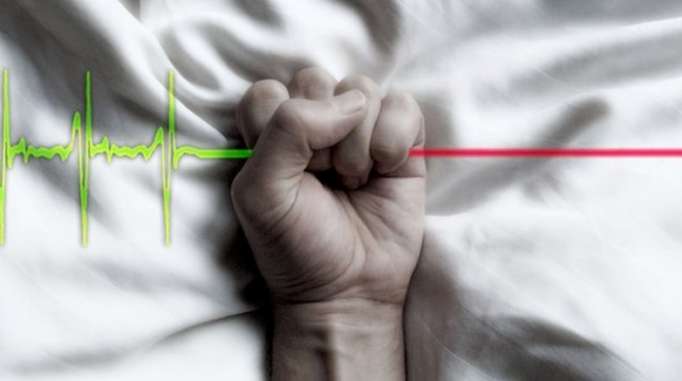But as we've learned in cases like Kate Spade and Robin Williams, celebrities also battle mental health issues.
"It doesn't matter where you are in society, whether you're famous or whether you're not. No one is immune to these types of situations," said Amy Gamble of NAMI Greater Wheeling.
While a celebrity death by suicide gets people talking about mental health, it can also unfortunately lead to copycat attempts.
That is why it's so important to recognize the signs of suicidal thoughts:
1) Talking or writing about death, dying or suicide
2) Having the means, or attempting to get the means to carry out suicide
3) Giving away prized possessions
4) Having an organized plan, knowing how or when the suicide will be carried out
5) Risk-taking behavior
6) Increased use of drugs and alcohol
If you think someone could be suffering in silence, it is imperative to step in.
"You would want to ask that person a direct question, 'Are you thinking of suicide? Are you having suicidal thoughts?'" Gamble said.
While uncomfortable, Gamble says those kinds of questions can often be a relief for many people, giving them an opportunity to get help.
That outreach is something survivor Karissa McCoy wishes she would've had when she was a freshman in high school, when she survived a suicide attempt.
McCoy said a rocky childhood starting in the foster system, the loss of her mother and being bullied at school all contributed to her feelings of hopelessness.
McCoy said if someone would've reached out to her, things may have been different.
"I feel like if I would've had one legitimate friend who wasn't in the sense 'out to get you' kind of feeling, that would've made a world of difference," McCoy said.
Matt Collins is the founder of 'Not Alone,' an organization he started after losing his best friend to suicide in 2012.
Currently, they are working to raise money for their 501(c)(3) to be an official non-profit organization. To do that, they are selling t-shirts exclusively through WheelingThreads.com. (Look for "Not Alone")
Once they have their non-profit established, Collins hopes to start making a difference immediately.
"I want to get a building here in Wheeling, where if you're feeling depressed, you're feeling suicidal, whatever. We'll come pick you up, pay for a meal, and hang out with you for an entire day. Giving that 'you're not alone' a reality," he said.
"Suicidal thoughts or depression, that's all time-limited, and that if we give ourselves the chance to just think about one more day, and stay here for one more day, be here tomorrow, then the way that you think and feel will change," Gamble said.
Gamble said we need to look at mental health the way we look at physical health, and take the approach that it is something we can beat. She said 90 percent of people who die by suicide have an underlying mental health condition.
"Never be afraid to reach out. Even if it's somebody you don't know, if you've talked to them once or twice, and they've made a suggestion 'hey, I'm here for you,' take them up on it. I mean, I never did and it almost ended up costing me my life," McCoy said.
If someone you know is battling a mental health crisis or having suicidal thoughts, the toll free National Suicide Prevention Life Line is 1-800-273-8255. The crisis text line is '741741'.
If there is a weapon or aggressive behavior involved, call 911 and tell the operator it is a mental health crisis.
12 Wboy
More about: suicide
















































